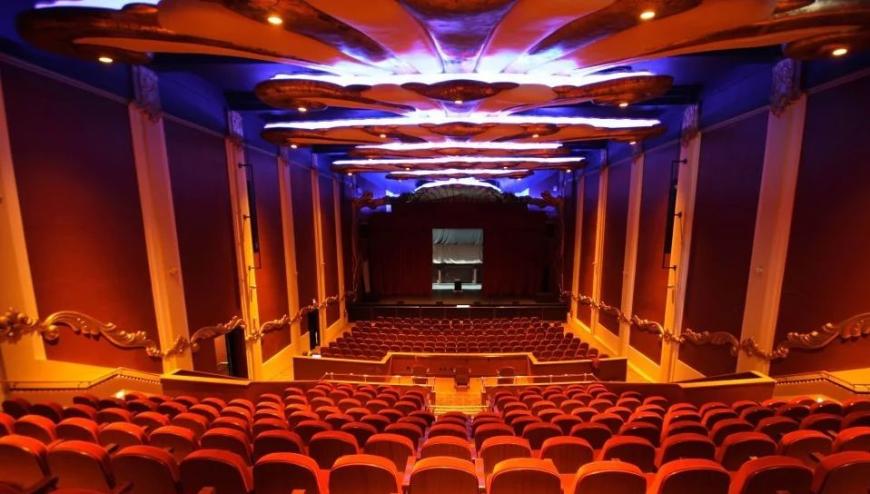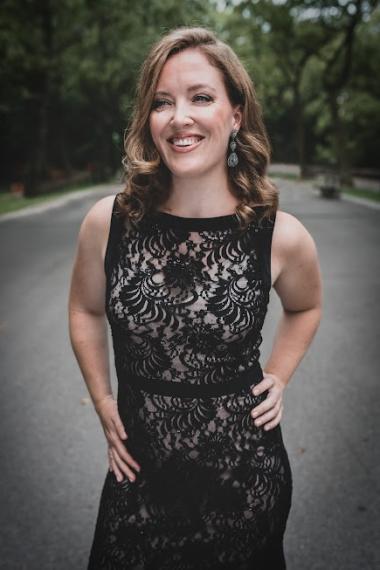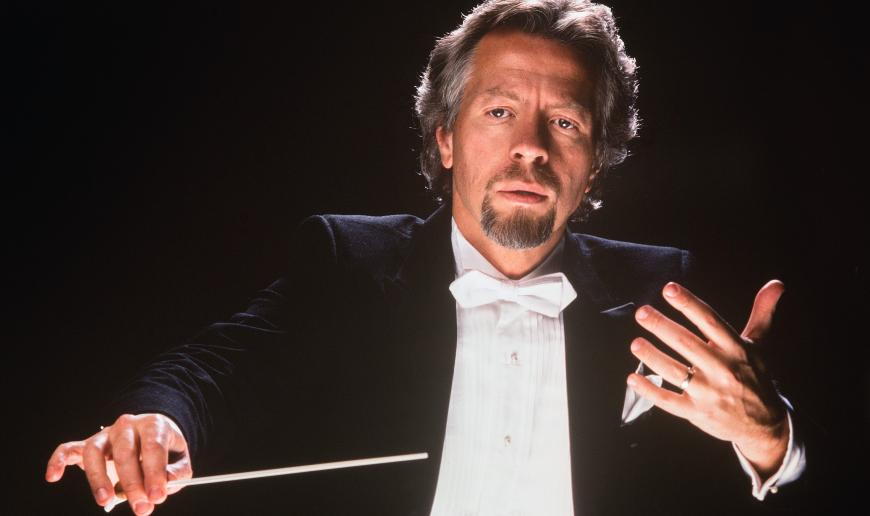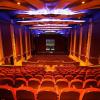
One of the joys of living in the Bay Area is the riches offered by local and regional music organizations, a testament to the depth and breadth of musical talent here. On March 11, the Vallejo Festival Orchestra, under the leadership of Thomas Conlin, added to these joys with an all-Jean Sibelius program called “Music From the Land of Midnight Sun.”
Conlin, a conductor of wide experience in the core repertory and in new music, founded the Vallejo Festival Orchestra in 2020. It’s the resident ensemble of the Vallejo Center for the Arts and performs in the Empress Theatre, a former movie palace seating about 500. (The 90-year-old Vallejo Symphony, a different ensemble, also performs at the Empress.) The hall has a resonant, warm sound, and there’s not a bad seat in the house because of its small size.
The well-constructed program mixed Sibelius’s large and smaller-scale works, opening with a rousing performance of the tone poem Finlandia — the composer’s homage to his homeland, composed during a time of Russian occupation and oppression — and closing after intermission with his Symphony No. 2 in D Major.

In between came seven songs, written by Sibelius between about 1899 and 1904 and drawn from several opus numbers. All were originally composed for voice and piano, but for this performance, Conlin used orchestral arrangements, one by Sibelius, the others created with the composer’s approval by unidentified contemporaries. Surprisingly, only one of these arrangements had previously been performed in the Bay Area, so the others amounted to a local premiere. They’re lovely arrangements, making good use of the full range of orchestral colors to convey the mood of each song. The harps and wind trills particularly suited “Säf, säf, susa” (Sigh, rushes, sigh), the third song performed.
Soprano Katherine Whyte gave splendid, heartfelt performances of the songs. She has a gorgeous voice, richly colored, warm, and even throughout its range. She drew the audience into the world of each song, communicating the sense of the Swedish texts through sensitive, musician-ly phrasing and vocal shading.
“Våren flyktar hastigt” (Spring is flying) is a suggestion to love now because the seasons and youth pass quickly. Whyte sang this sweetly, then darkened her tone for the melancholy “Svarta rosor” (Black roses). She brought genuine grandeur to “Höstkväll” (Autumn Night) and to the sorrowful “Var det en dröm?” (Was it a dream?). “Flickan kom ifrån sin älsklings möte” (The tryst, or The girl returned from meeting her lover) might as well be an operatic monodrama, packing an emotional lifetime into four minutes, with Whyte catching every last nuance. The seven songs flew past, and one could only regret that there weren’t more or an encore. Throughout, Conlin, Whyte, and the orchestra worked together beautifully, phrasing sensitively and flexibly.
Sibelius’s Second Symphony had all of these virtues and more. Conlin led a finely nuanced and clearly structured performance of this moody work, imbuing it with the necessary grandeur while never tipping its grandest moments into bombast.
He started the first movement spaciously and gave it shapely phrasing throughout. He brought genuine mystery to the opening of the second movement and always let it breathe naturally. He understands the value of letting the silences in this work speak, and he brought the melancholy character of the second movement right to the edge of grimness. The scherzo bustled with excitement, and Conlin built the last movement beautifully to its magnificent and triumphant climax.

There were occasional balance issues during the symphony, perhaps because of the hall’s size and acoustics, perhaps because of the comparatively small number of string players. The lower strings could have had more presence, particularly in the big cello section solo in the last movement; in the first, the balances in the brass were off a bit from time to time.
Nonetheless, while the Vallejo Festival Orchestra is a new group, it largely played with the responsiveness and nuance of seasoned pros who’ve been together for a long while. The orchestra is a welcome addition to the greater Bay Area, and we can look forward to more enticing programs led by Thomas Conlin.


